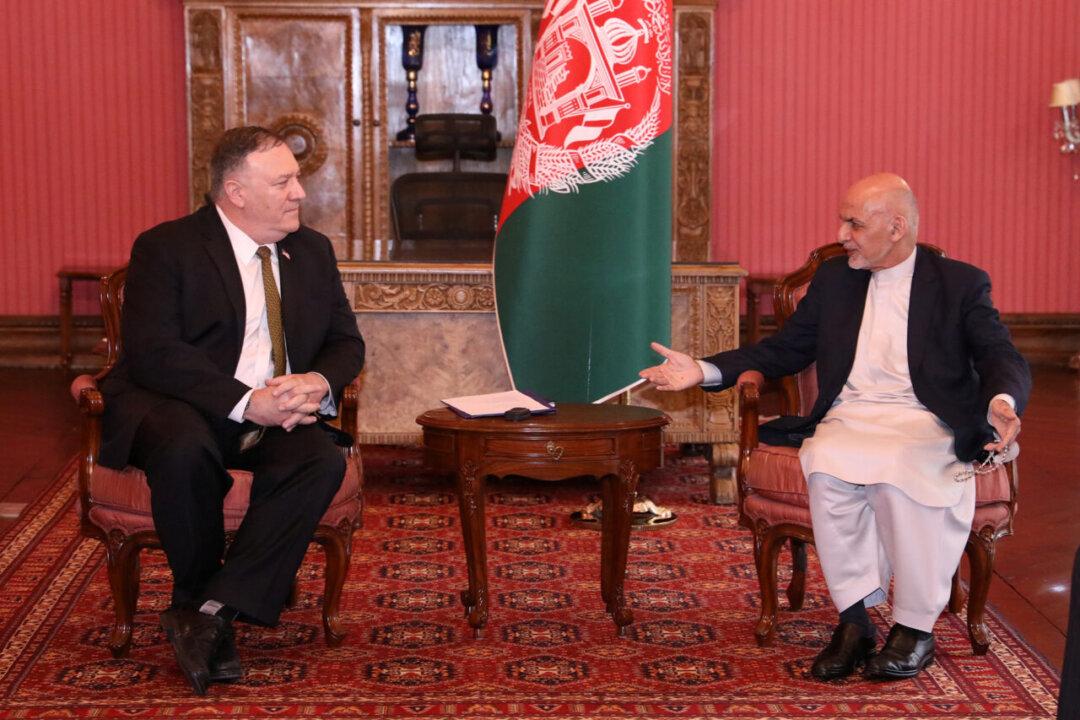U.S. Secretary of State Mike Pompeo on Monday announced a $1 billion cut in U.S. aid to Afghanistan after the country’s rival leaders failed to agree on forming a new government.
The decision was made after Pompeo’s urgent visit to Kabul on Monday where he met with Afghan President Ashraf Ghani and former Chief Executive Abdullah Abdullah. They have both contested the result of September’s presidential election, raising the prospect of parallel governments as each declared themselves president of the country.





